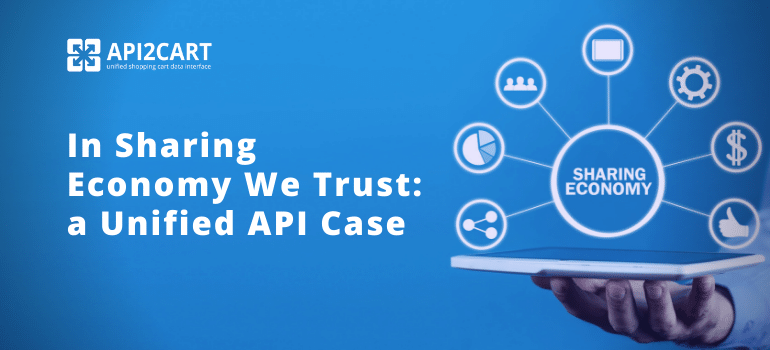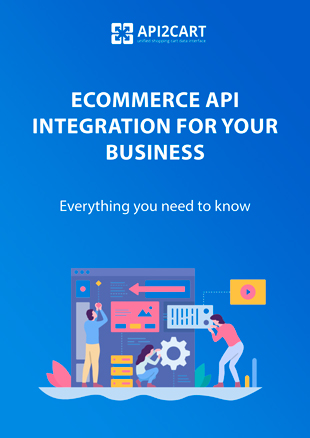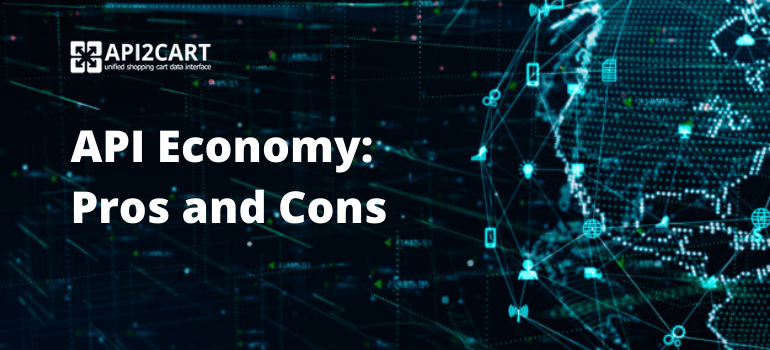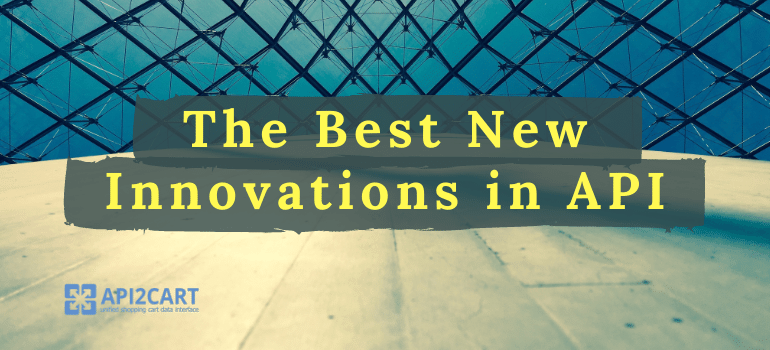
Some of the latest trendy words in the business world must be (hashtag) sharing economy, (hashtag) collaborative consumption, (hashtag) peer-to-peer. It may take intriguing, yet long-lasting quite a few hours to explain these ideas, however, the way they are changing our world right now is spectacular.
A life without a sharing economy means a life without Uber, Amazon, and Airbnb. And if you are skeptically looking into the author’s eyes, try out with using none of those next time you happen to need any. The idea of sharing economy is as freshly new as deeply set in our mindset.
Who Runs the World? Sharing Economy!
Born at the rise of the 2000s, sharing economy is now experiencing its prime of life. The pioneers like Kickstarter, Couchsurfing, and eBay (apart from the mentioned above) have already turned from the startups based on pure enthusiasm into legendary stories of success. And while the world has held a breath watching, many more are about to come.
Mine Is Yours, But For a Fee

Rachel Botsman, a famous collaborative consumption enthusiast, was the first one to explain the sharing economy with the example of the electric drill, which now became classy. It goes as following.
Who has an electric drill at home?
Over 80 million of Americans would answer positively. I would answer positively as well, not being American though. However, you would use it for 13 minutes on average. In its lifetime.
The point is, you do not really need a drill, you need a hole in the wall. A rational suggestion would be to borrow it for the rest of the time and charge a symbolic fee.
Genius.
Profit.
The example is as simple as apposite, so it went viral. Some entrepreneurial personalities have taken it so literally, that have even established online shops where clients could borrow electric instruments, including drills! There is one that succeeded the most with this, NeighborGoods.Net.
API economy + Sharing economy = API2Cart
We’ve discussed APIs multiple times on our blog already, and now we want to show how a unified API by API2Cart represent the idea of sharing economy in the software business. eCommerce business is very interrelated and interconnected, and there are myriads of software solutions on the market. Practically all of them need to be connected to other eCommerce software, like shopping carts, marketplaces, ERP systems, delivery companies, etc.
Just think about that: Each of thousands of eCommerce software companies has to develop THE SAME integrations from scratch for themselves. Is it rational?
Given the time, money and effort resources that every integration takes to build, the answer is obviously NO. It is wasteful and tedious.
And That’s Why We’ve Designed API2Cart
API2Cart has integrated with all widely used shopping carts and marketplaces and unified them into one API. It has developed methods that fit integrational needs of wide range of the eCommerce software: shipping management systems, supply chain management apps, mobile app builders, marketplaces, etc.
It means that any app that needs to connect with multiple shopping carts and marketplaces may integrate with API2Cart, subscribe and start working with a bunch of platforms right away. What’s more, with API2Cart they don't have to maintain all these connections.
P.S. Remember, that sharing is caring. And enjoy the age of sharing economy!
P.P.S. In case you have any particular questions, do not hesitate to contact us.



